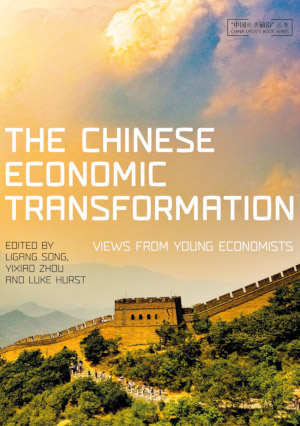The Chinese Economic Transformation
Views from Young Economists
by Ligang Song, Yixiao Zhou, Luke Hurst
DescriptionTable of ContentsDetailsHashtagsReport an issue
The chapters in this volume include an in-depth probe into challenges in capital and credit allocation due to financial friction and policy distortions; investigating the causes of growth slow-down in China and suitable policy responses; the evolution of the household registration system and its impact on off-farm employment and the integration of rural and urban labour markets; the growth, scale and characteristics of nonstandard employment; the development of rural e-commerce and its economic impact; innovation performance of listed enterprises in China; financial services liberalisation and its impact on firms' performance; financing support schemes for small and medium-sized enterprises (SMEs) and the effect on banks' credit allocation to SMEs; the potential costs of US–China trade conflict and ways to mitigate them; gender income gap in China's labour market; causes of blockage of Chinese overseas direct investment and strategies to reduce the probability of encountering obstacles; and the role of state capital in the iron ore boom in Australia.
The great variety of topics in this year's Update allows readers to understand the current shape of the Chinese economy and to think deeply about policies and necessary reforms for future growth and development. 






Book Description
The Chinese Economic Transformation, the 19th volume in the China Update book series, provides an opportunity for young economists to share their views on various issues relating to the Chinese economic transformation. More than half of the contributors to this book are female scholars. Some of the contributors are rising stars in the studies of the Chinese economy and economic transition, and some only recently received their PhDs and are on their way to establishing themselves in the field of China studies. But they have one thing in common: to passionately observe, study and research what is going on in the Chinese economic transformation during the reform period; and, by so doing, make contributions to the policy debates on, and general understanding of, the Chinese economy.The chapters in this volume include an in-depth probe into challenges in capital and credit allocation due to financial friction and policy distortions; investigating the causes of growth slow-down in China and suitable policy responses; the evolution of the household registration system and its impact on off-farm employment and the integration of rural and urban labour markets; the growth, scale and characteristics of nonstandard employment; the development of rural e-commerce and its economic impact; innovation performance of listed enterprises in China; financial services liberalisation and its impact on firms' performance; financing support schemes for small and medium-sized enterprises (SMEs) and the effect on banks' credit allocation to SMEs; the potential costs of US–China trade conflict and ways to mitigate them; gender income gap in China's labour market; causes of blockage of Chinese overseas direct investment and strategies to reduce the probability of encountering obstacles; and the role of state capital in the iron ore boom in Australia.
The great variety of topics in this year's Update allows readers to understand the current shape of the Chinese economy and to think deeply about policies and necessary reforms for future growth and development.
This open book is licensed under a Creative Commons License (CC BY-NC-ND). You can download The Chinese Economic Transformation ebook for free in PDF format (4.1 MB).
Table of Contents
Figures
Tables
Contributors
Acknowledgements
Abbreviations
Chapter 1
Deepening reform and opening-up for China to grow into a high-income country
Chapter 2
China's economic development: A perspective on capital misallocation
Chapter 3
Chinese corporate debt and credit misallocation
Chapter 4
A structural investigation of the Chinese economy with a hybrid monetary policy rule
Chapter 5
Off-farm employment in rural China and the hukou system
Chapter 6
Nonstandard employment: Global vision and evidence from China's urban labour market
Chapter 7
E-commerce development in rural China
Chapter 8
Innovation of Chinese listed enterprises: Evaluation and policies
Chapter 9
The effects of financial sector opening on financial constraints in China
Chapter 10
Financing support schemes for SMEs in China: Benefits, costs and selected policy issues
Chapter 11
Modelling the economic impact of the Sino–US trade dispute: A global perspective
Chapter 12
Inequality of opportunity and gender discrimination in China's labour income
Chapter 13
What types of Chinese ODI activities are most prone to political intervention?
Chapter 14
The impact of Chinese state capital during the iron ore boom
Index
Book Details
Title
The Chinese Economic Transformation
Subject
Economics and Finance
Publisher
ANU Press
Published
2019
Pages
315
Edition
1
Language
English
ISBN13
9781760463120
ISBN10
1760463124
ISBN13 Digital
9781760463137
ISBN10 Digital
1760463132
PDF Size
4.1 MB
License

Related Books
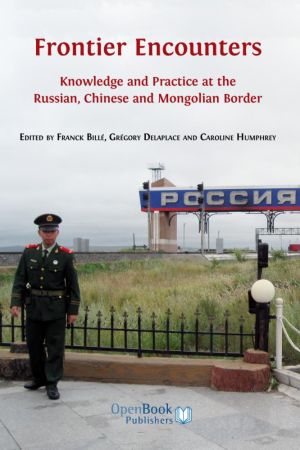
China and Russia are rising economic and political powers that share thousands of miles of border. Yet, despite their proximity, their practical, local interactions with each other - and with their third neighbour Mongolia - are rarely discussed. The three countries share a boundary, but their traditions, languages and worldviews are remarkably dif...

In this updated edition of a groundbreaking text, concepts such as energy return on investment (EROI) provide powerful insights into the real balance sheets that drive our "petroleum economy." Hall and Klitgaard explore the relation between energy and the wealth explosion of the 20th century, and the interaction of internal limits to grow...
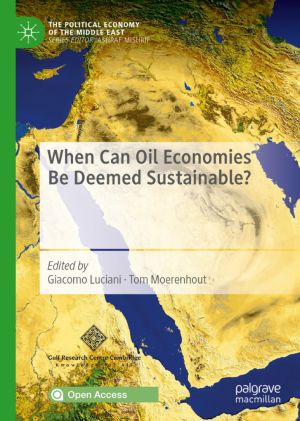
This open book questions the stereotype depicting all Gulf (GCC) economies as not sustainable, and starts a critical discussion of what these economies and polities should do to guarantee themselves a relatively stable future.
Volatile international oil markets and the acceleration of the energy transition has challenged the notion that oil revenu...
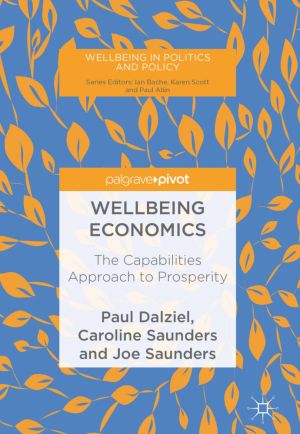
Economists have long sought to maximise economic growth, believing this to be their best contribution to improving human welfare. That approach is not sustainable in the face of ongoing issues such as global climate change, environmental damage, rising inequality and enduring poverty. Alternatives must be found.
This book addresses that challenge....
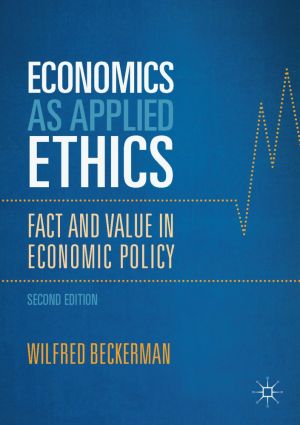
This important textbook has been revised and updated to continue its focus on the link between ethics and economic policy analysis, whilst ensuring that perspectives addressing the moral limits of the market, latest behavioural economics literature, and the changes in inequality over the years are included. Basic philosophical concepts are systemat...
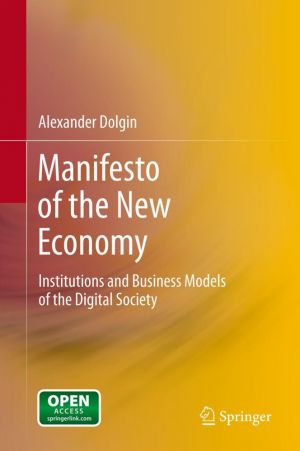
How do social networking services earn money?What is the "second hand of the market" and how does it operate? Why does society need so many different kinds of goods? What does happiness economics not reveal about happiness?What is the link between talent, success and "stardom"? What is the business development model for the ent...

